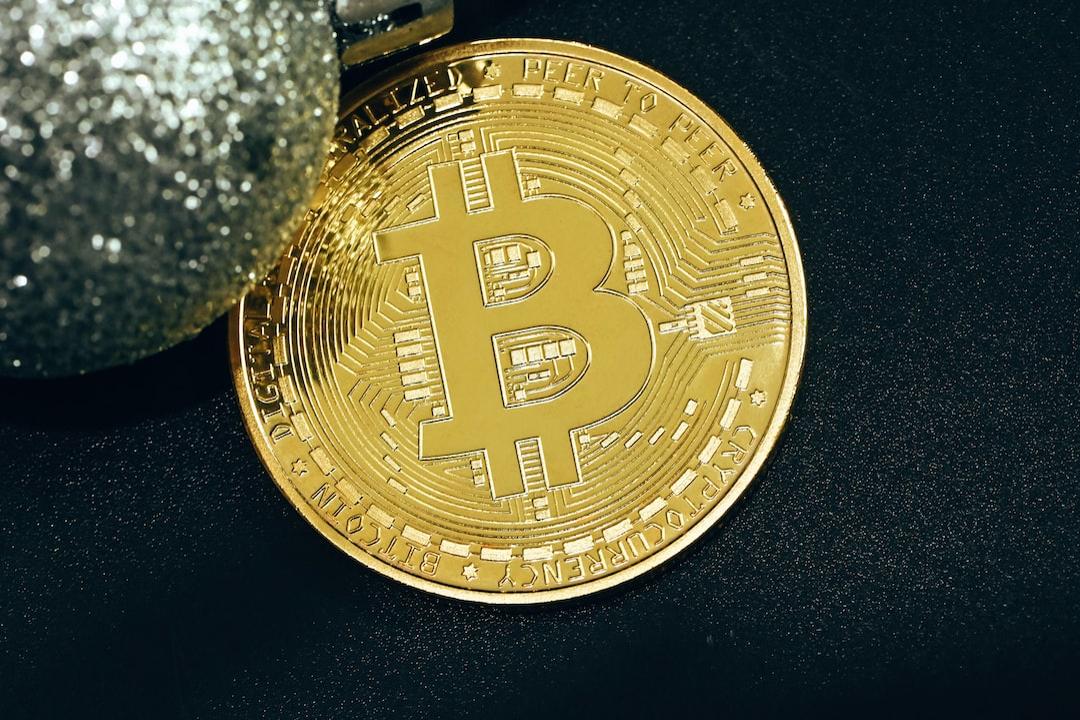Brazil is debating the creation of a national Bitcoin reserve, with a senior government official claiming it is a determinant of its prosperity.
The official believes the Bitcoin strategic reserve will ensure a stable national economy.
Pedro Giocondo Guerra, from the Vice President’s office, referred to Bitcoin as a digital gold, insisting it would be fair to hold it as part of Brazil’s foreign reserve. He made the remarks in a congressional forum while representing the government. Pedro noted:
“For such a discussion about something as timely as the prospect of a sovereign Bitcoin reserve to occur is in the public interest and will determine our prosperity. Bitcoin allows us to effectively and securely save the fruits of our labour.”
Brazil moves toward a Bitcoin Reserve to strengthen economic resilience
Congressman Eros Biondini introduced a bill proposing the creation of a Bitcoin reserve. If the legislation passes, Brazil must allocate up to 5% of its foreign exchange reserves to Bitcoin.
The plan is intended to diversify Brazil’s financial portfolio and protect its economy from currency fluctuations and geopolitical risks.
The legislation calls for transparency, requiring the government to produce biannual reports that make the management of the fund public. Set points for Brazil’s economy are expanding its independence from global economic volatility and strengthening its financial system against inflation and currency depreciation. The bill also promotes blockchain adoption in both public and private sectors and supports the successful launch of Brazil’s CBDC, DREX.
See also
Investors show confidence in BTC, with over $220 million in net outflows from exchanges yesterday
Should it pass, the Bitcoin reserve would be implemented in stages, while counterbalancing any potential frictions through respective fiscal responsibility laws to preserve economic stability. The bill is pending in several congressional committees before going to the full Chamber of Deputies, to the Senate and then to President Luiz Inácio Lula da Silva.
Brazil was already emerging as a powerhouse of crypto adoption. It recently became the first country in the Americas to approve spot Bitcoin ETFs, which offer investors access to Bitcoin without directly owning the coins.
Global momentum builds as nations explore Bitcoin Reserves for economic stability
Brazil is not the only country that has contemplated a national Bitcoin reserve. Other countries have also taken steps to incorporate Bitcoin into their financial strategies.
In 2021, El Salvador became the first country in the world to accept Bitcoin as legal tender. The government is believed to have made considerable gains with its Bitcoin and is still following its daily routine of buying one Bitcoin.
Colombia has been studying crypto regulations since 2021, when it launched a banking sandbox for major financial institutions to test their interactions with crypto exchanges.
The United States has also taken steps toward Bitcoin adoption.
On March 6, President Donald Trump issued an executive order establishing an American Bitcoin reserve.
See also
Whales shorted Bitcoin (BTC) at $88,000, signaling another downturn
Now, the U.S. government owns Bitcoin, which was obtained through law enforcement seizures and has stopped selling these crypto assets.
Bloomberg reported Friday, citing sources with knowledge of the plan, that US President Donald Trump plans to meet with El Salvador President Nayib Bukele at the White House next month.
The two pro-Bitcoin leaders have maintained connections. If the visit happens, Bukele would be the first leader from the Western Hemisphere to receive an official White House invitation under Trump’s presidency.
Pro-cryptocurrency U.S. Senator Cynthia Lummis recently claimed that the United States could reduce its debt by nearly half if it strategically reserves Bitcoin (BTC). At the DC Blockchain Summit in Washington, D.C., Lummis said that “with the national debt reaching approximately $36 trillion, a model is suggesting that holding Bitcoin for 20 years could cut the national debt in half.”
With more countries assessing Bitcoin’s contribution to economic stability and financial diversification, Brazil’s discussion of a state-owned Bitcoin reserve fits within a rising global trend.
Cryptopolitan Academy: Coming Soon – A New Way to Earn Passive Income with DeFi in 2025.
Learn More

